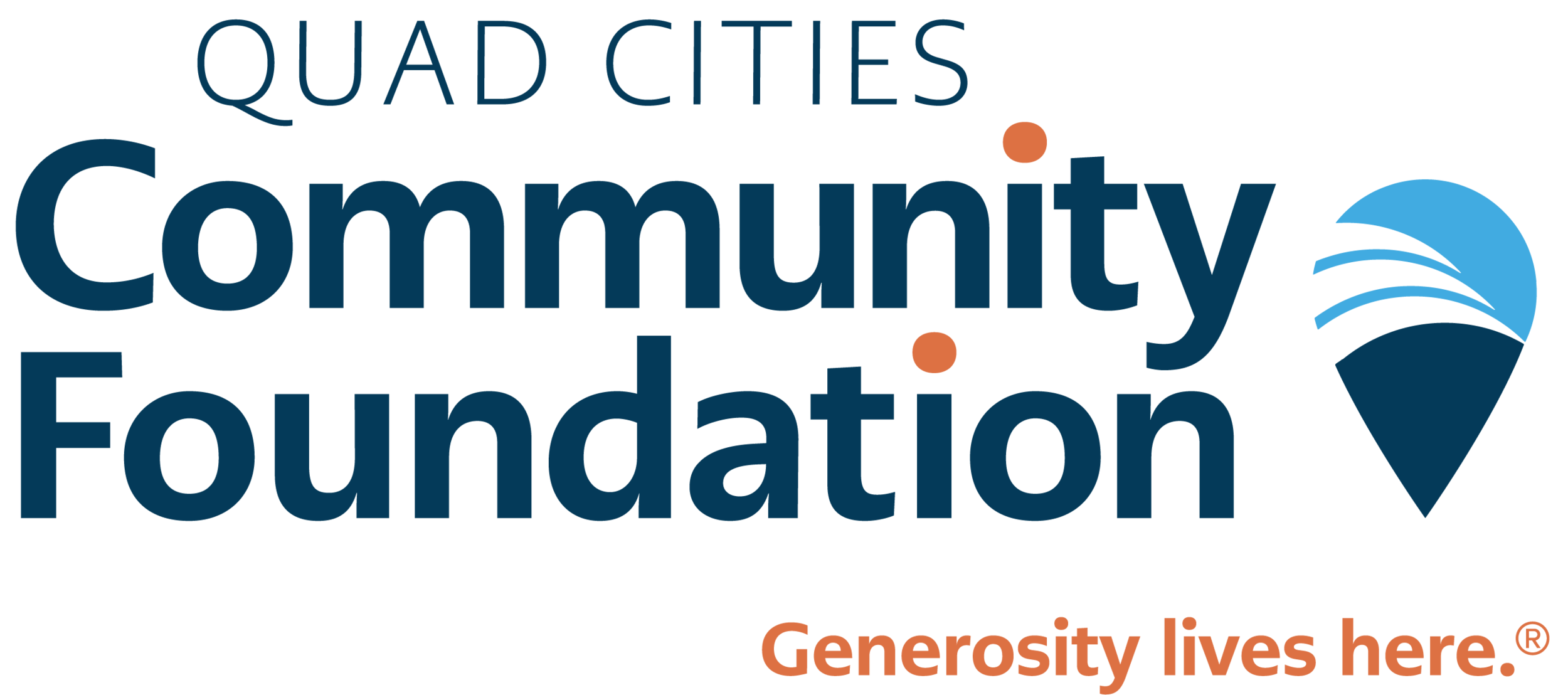Discovering the depth of the community
By Noah Raso / Bettendorf High School Junior
Tapestry Farms, a Teens for Tomorrow grant recipient, helps refugees in the Quad Cities connect, contribute, and thrive. Yvette Furaha and Aline Niyokwizera attended English classes together at Scott Community College's West Davenport campus after they came to Davenport.
If you think about it, most of the good things in your life have come through your community—the place you call home and the people who make up the region. So really, it makes sense to give back to those places and those people.
That’s just one of the perspectives I’ve gained this year through my participation in the Quad Cities Community Foundation’s Teens for Tomorrow program. As a 16-year-old student, I’d like to share a few more things I learned with you, too.
As we sifted through grant applicants this year, toured organizations and the facilities that house our nonprofits, and then decided where grant dollars should go, philanthropy took on a whole new meaning for me: We should give out of compassion, not obligation.
In the two years I’ve been involved in this program, I have discovered some of the very real issues our community faces, including social and educational inequity—two areas we focused on in our grants. Not everyone has the same access to resources and opportunities, and some people face challenges that others don’t have to think about. But I learned that many nonprofits are working around the clock to help level the playing field for all members of our community today so that they can succeed tomorrow.
For example, with the help of a just-awarded Teens for Tomorrow grant, the Literacy Connection will offer summer tutoring for students who could fall behind their classmates in language development—a concern that COVID-19 and its impact on learning only made worse. The tutoring will take place in the community room of a low-income housing development, which means it can easily reach students who are the most in need of a leg up.
It’s not just students who can benefit from breaking down inequities. Over the past year, we learned that women have been hit especially hard by the pandemic. Many have lost their jobs or had to take on extra work caring for kids who are home from school. This is why we awarded a grant to the HireHER program at Dress for Success. The money will help the nonprofit provide workshops that give women a better chance of finding jobs as life returns back to “normal.”
See the full list of grant recipients here.
Through this experience, I have seen that there is always work to be done. And there is no dollar amount or sweeping initiative that can simply wipe out the wide breadth of these challenges. I am not discouraged by that, but energized.
Because here’s what generosity can do—in the form of both time and money. It can create momentum for real change. Sometimes that looks like a grant. Other times, it’s a new volunteer walking through the door or the Community Foundation helping mobilize resources during a global pandemic.
When we recognize that anyone can be a philanthropist—even a teenager like me—we empower young people to make a difference the rest of their lives.
***
Applications are now being accepted from teens in Rock Island and Scott County who wish to participate in the 2021/22 Teens for Tomorrow program. Please share this opportunity with teenagers you believe would be interested. For details and the application, visit www.qccommunityfoundation.org/t4t.

